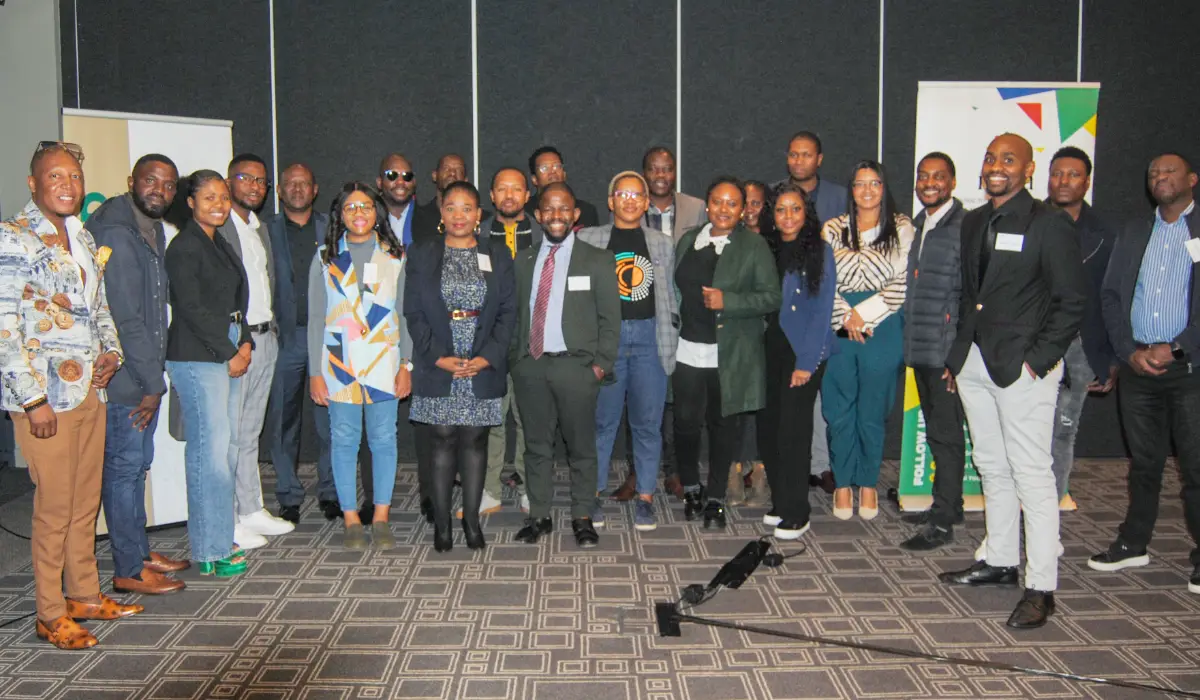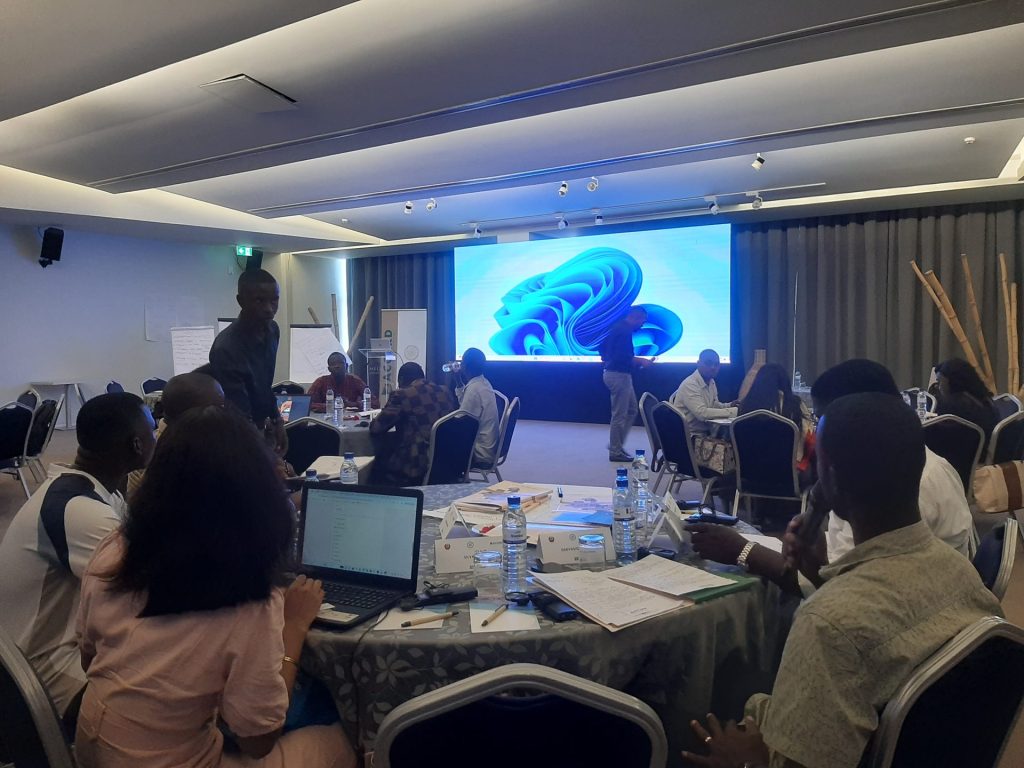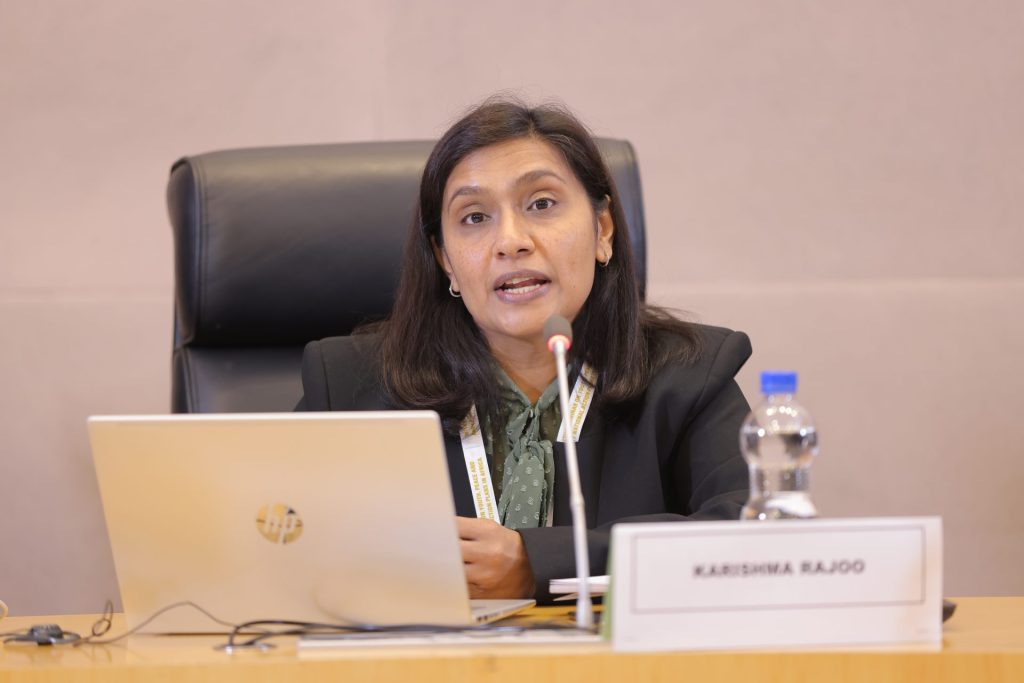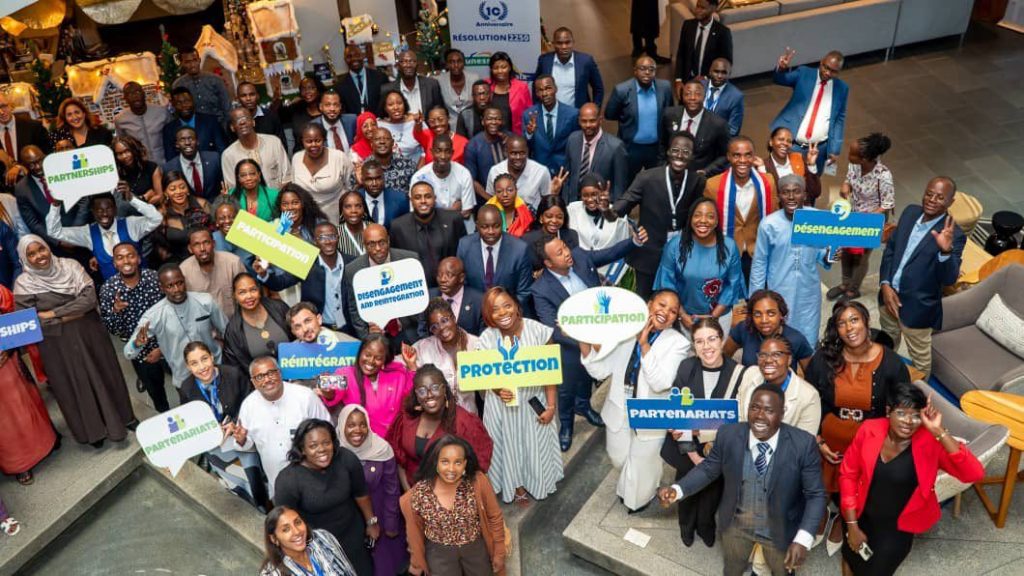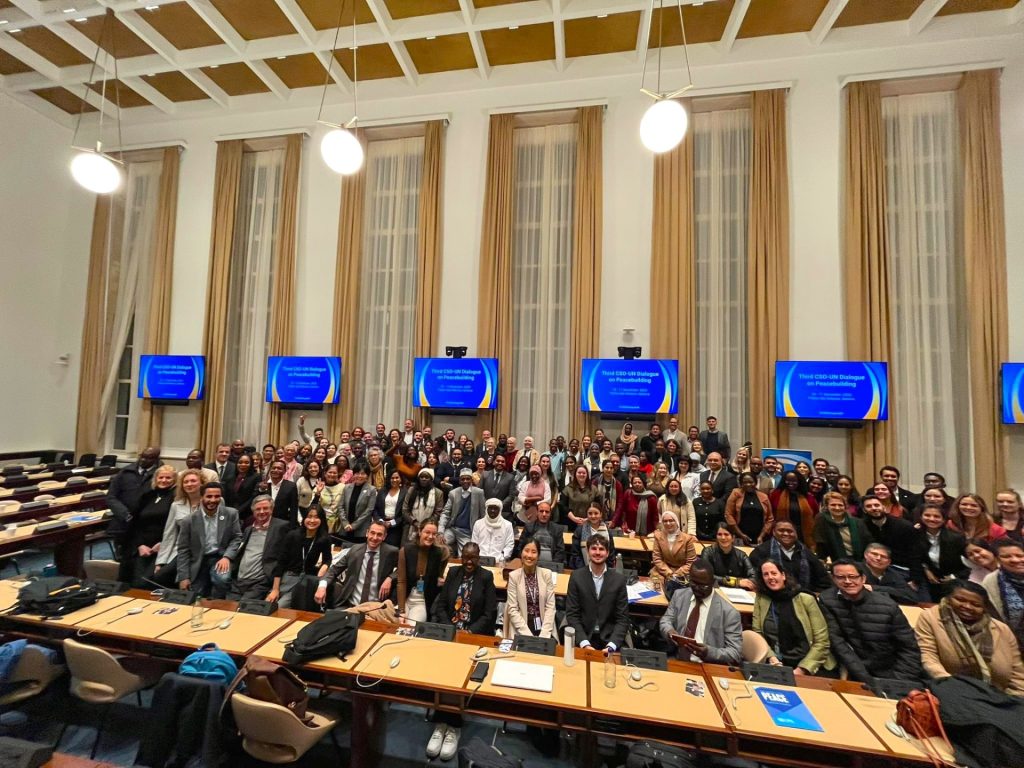Local government plays an important role in youth development. Young people are also key stakeholders and must actively participate in local government’s electoral and political processes and developments. Accordingly, on 25 July 2024, ACCORD in collaboration with the National Youth Development Agency (NYDA) hosted a seminar in Pretoria, titled “Youth in dialogue about the future of coalitions in South Africa: The Coalition Bill (2024)”. The seminar aimed to conduct civic education and solicit youth inputs on the new Local Government: Municipal Structures Amendment Act, 2024 (‘Coalition Bill’), which was published in the Government Gazette for public comments on 21 May 2024 with the closing date being 31 August 2024. The Bill attempts to provide a legislative framework to guide the formation and management of more sustainable coalition governments at local government level and provide systems to minimise the challenges.
Key stakeholders included the Department of Cooperative Governance and Traditional Affairs (CoGTA); the South African Local Government Association (SALGA); the Department of Women, Youth and Persons with Disabilities; academic experts and practitioners; as well as youth delegates and youth-based organisations.
During the seminar, young delegates expressed their strong opposition to the proposal that a motion of no confidence should only be allowed after the period of two years of council has lapsed, unless there is a serious misconduct or a cross misconduct on the part of the executive. They were concerned that executives would be insulated from accountability and that the Bill is vague on what constitutes serious or gross misconduct. Additionally, they argued that the two-year period required before instituting motions of no confidence may be unreasonable as this mechanism is designed to hold the executive to account and prevent impunity to some degree.
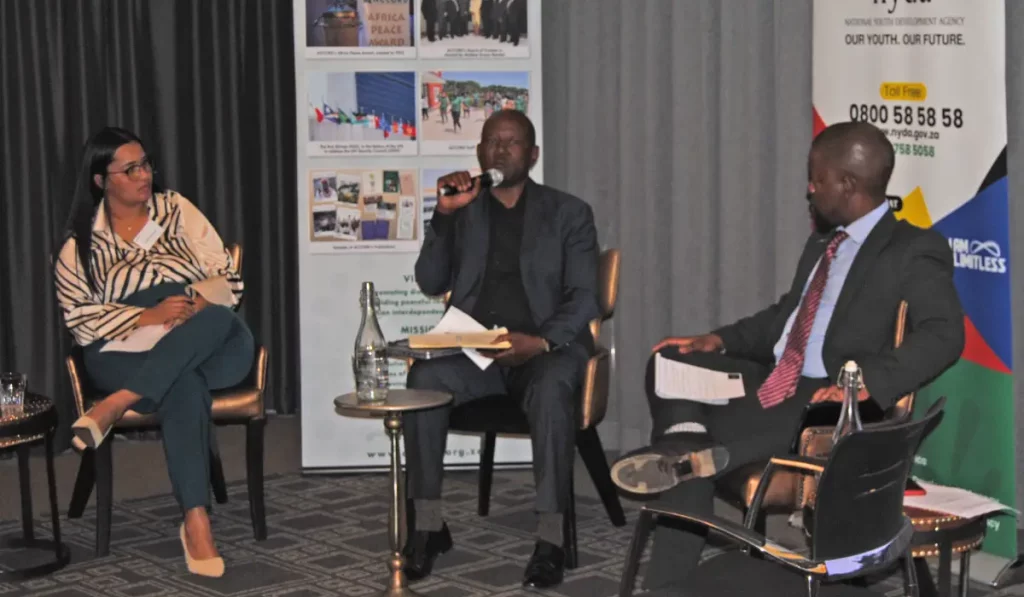
The delegates also opposed the idea of extending the term of a municipal manager to a period of ten years, expressing their fear that such an extension could encourage a culture of corruption.
Furthermore, a proposal was made that, in the absence of the municipal council, the municipal manager must assume all political and administrative duties in order to foster better political and administrative stability.
There was also concern expressed about the Bill potentially facing legal challenges at the Constitutional Court to test its constitutional validity, particularly regarding the proposed 1% threshold.
The outcomes of the seminar will form part of ACCORD’s public comments and contribution towards the legislative processes of the Coalition Bill.
The seminar forms part of ACCORD’s collaboration with the Embassy of Ireland in Pretoria, South Africa, on the project, ‘Contributing Towards Sustainable Coalitions at Local Government Level in South Africa’, that is being implemented in 2024. The project consists of research and capacity-building components to contribute knowledge and conflict resolution skills towards more sustainable coalitions in the country.
The seminar aligns with two of ACCORD’s strategic objectives, “Contributing evidence-based analysis, policy support and knowledge to respond to complex conflicts” and “Enhancing the role of youth to prevent, mitigate and resolve complex conflicts”.

